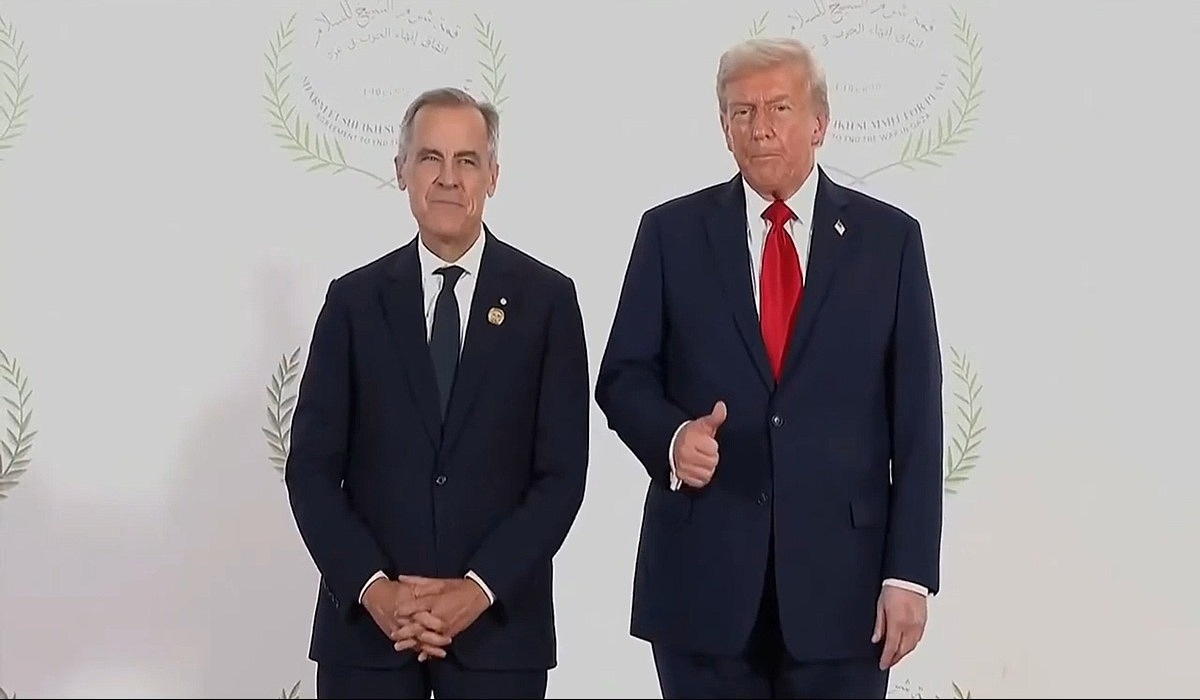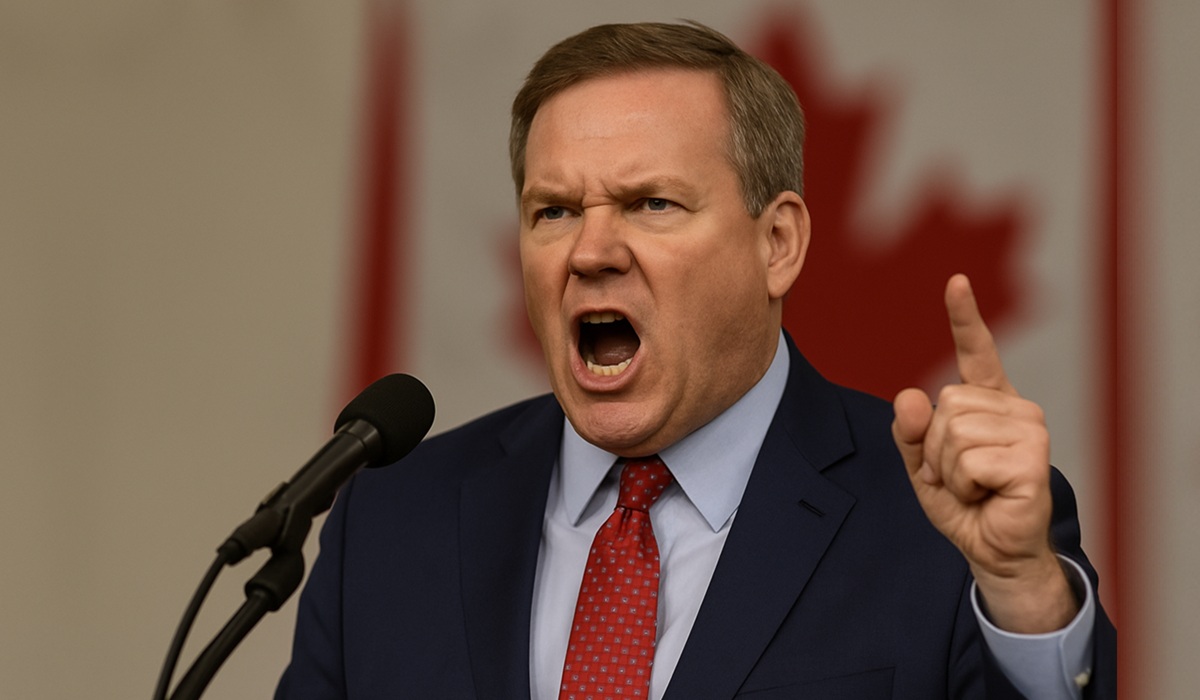Mass Walkout of Black Educators after White Man Elected President of Ontario Teachers’ Federation
- Emma Ansah
- Canada
- August 30, 2025

In a dramatic and unprecedented show of resistance, hundreds of Black educators across Ontario staged a mass walkout after a white man was elected president of the Ontario Teachers’ Federation (OTF). The backlash has ignited intense conversations about representation, leadership, and the deep cracks in Canada’s education system when it comes to equity and inclusion.
The walkout, which rippled through multiple districts, was not just about one election—it was about decades of frustration. Black educators say their voices have been repeatedly sidelined in union decision-making and leadership pipelines. While Ontario classrooms have grown more diverse, leadership roles within teacher organizations remain overwhelmingly white. For many, this latest election felt like the final straw.
“This isn’t about personality—it’s about patterns,” one Black educator told The Daily Scrum News. “Year after year, we watch qualified Black educators get overlooked for top positions. How long are we supposed to wait for meaningful change?”
Why This Walkout Matters
Representation in leadership isn’t symbolic—it shapes policy, advocacy, and the lived experiences of both teachers and students. Black educators argue that without diversity at the top, issues like systemic racism in hiring, cultural bias in curriculum, and the school-to-prison pipeline rarely get prioritized.
The walkout is also a direct challenge to the status quo of teacher unions and federations in Canada. These organizations wield immense power over education policy and working conditions, yet have long been criticized for perpetuating the same inequities they claim to fight against.
The History Behind the Frustrations
This moment sits within a broader historical context. Black educators in Ontario have fought for equity for decades—calling out disproportionate discipline of Black students, the lack of Black history in curriculum, and barriers to promotion within schools.
Despite government promises of diversity and inclusion, progress has been painfully slow. Studies have repeatedly shown that Black teachers make up a small fraction of the workforce, and when they do enter the system, they often face isolation, microaggressions, and stalled career advancement.
The election of yet another white male leader, in a year when calls for racial justice remain urgent, has become a tipping point.
What It Says About Canada’s Institutions
The walkout is a reminder that diversity pledges and equity task forces mean little without action. Canada often prides itself on multiculturalism, but when it comes to institutions of power—whether political, educational, or corporate—the leadership remains stubbornly homogeneous.
For Black educators, this fight is about more than a single role. It’s about whether institutions that shape children’s futures are willing to evolve—or whether they will continue to recycle the same power structures under the banner of progress.
As the dust settles, one thing is clear: the walkout has forced a national spotlight onto an uncomfortable truth. Representation is not a luxury—it’s a necessity. And until it’s taken seriously, the cracks in Canada’s education system will only deepen.
WATCH THE REPORT: https://www.youtube.com/live/MJQbLPRHLkI?si=9d8fbFPDaqcHl98g








